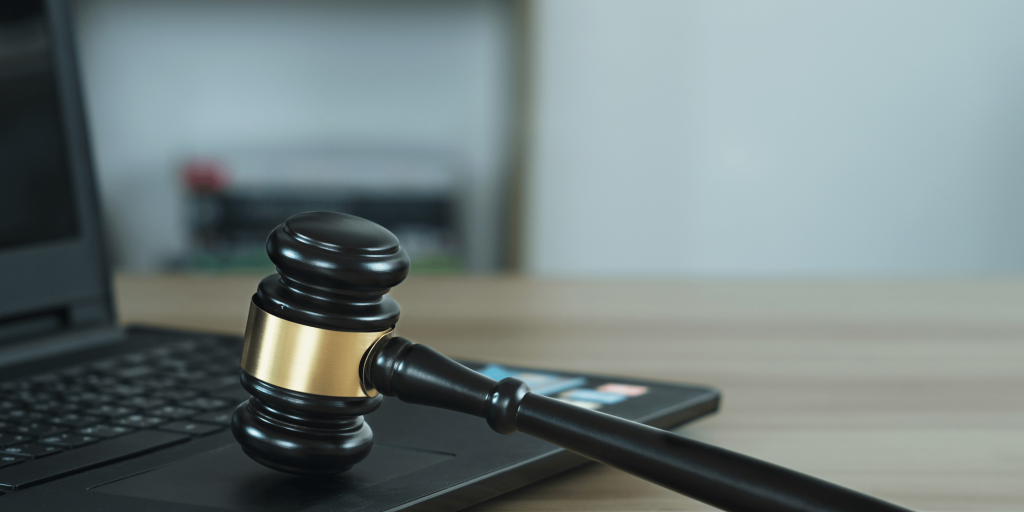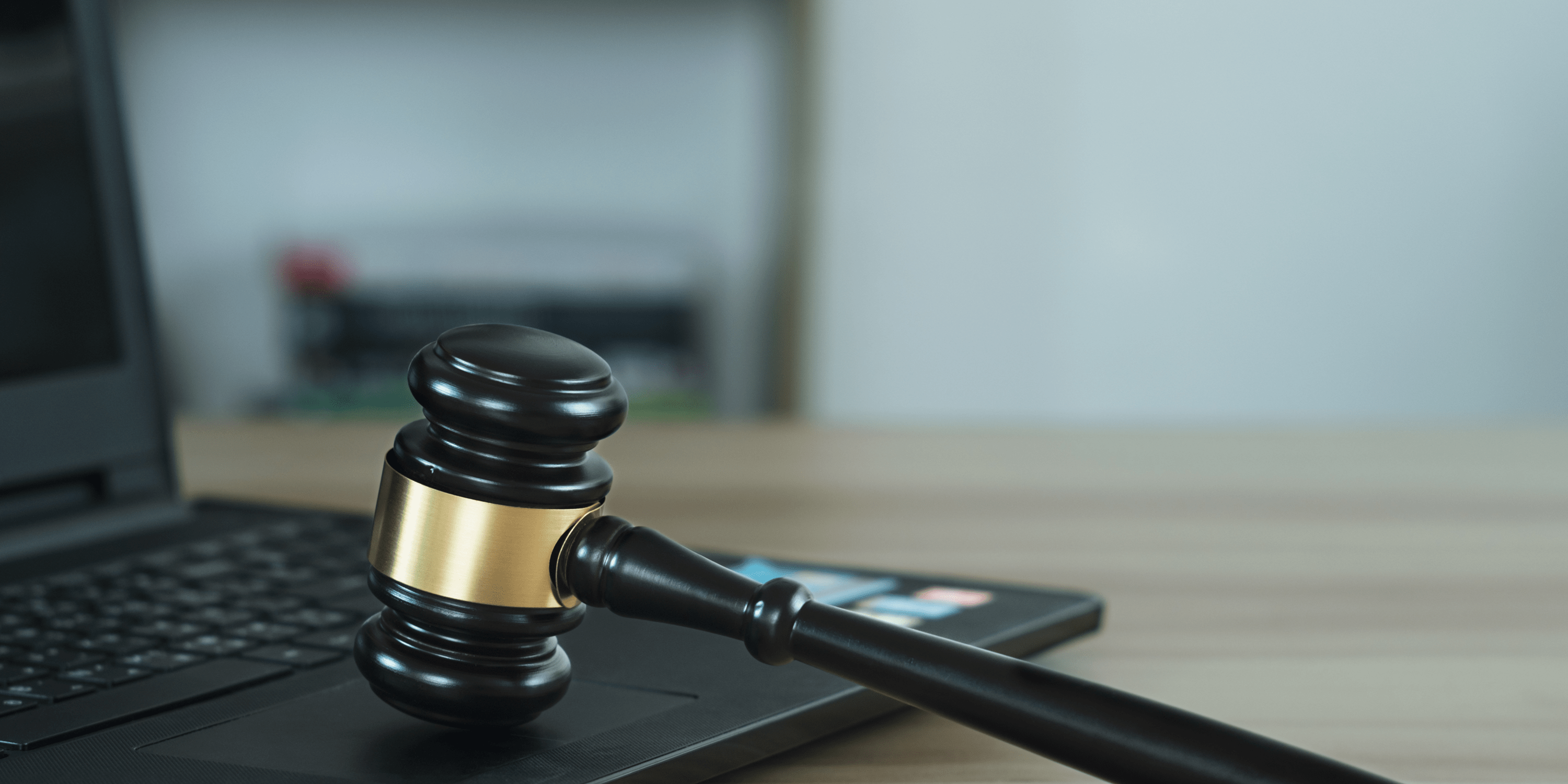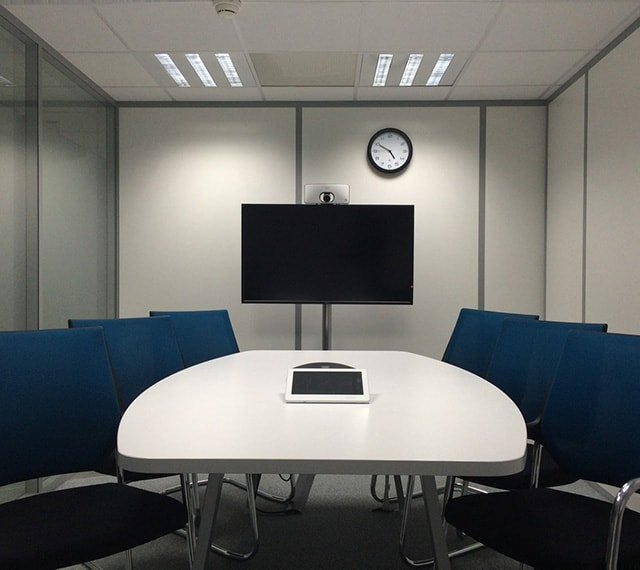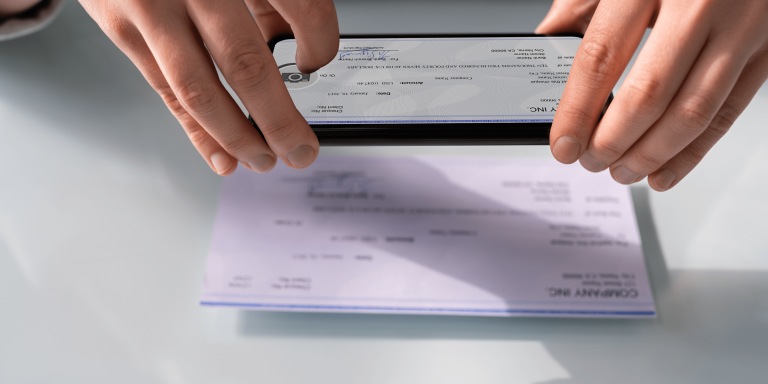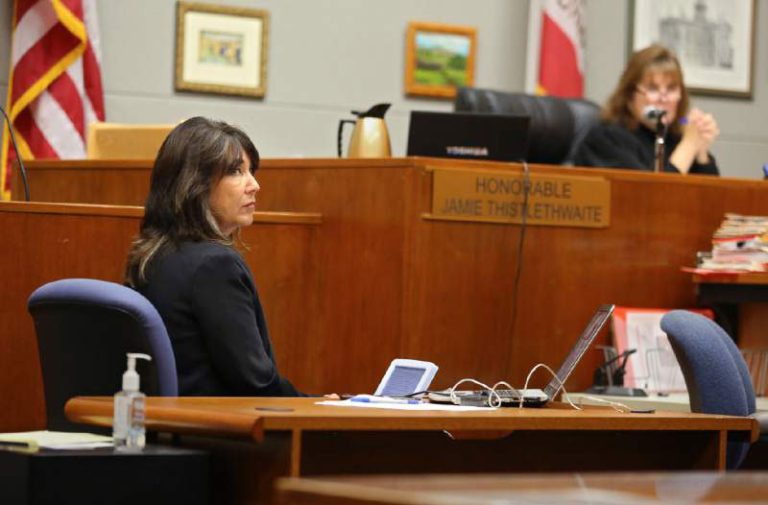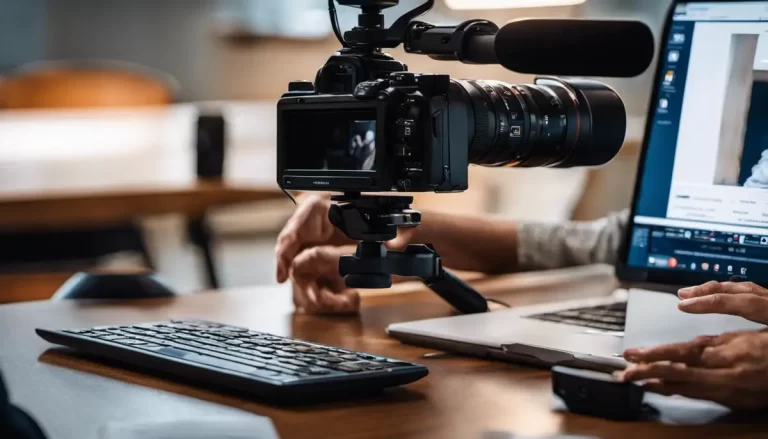Video conferencing is increasingly used for remote cooperation, court procedures, client meetings, and depositions by lawyers. Legal video conferencing offers cost savings, ease, and flexibility. This overview covers legal video conferencing services’ capabilities, benefits, considerations, and best practices.
Understanding Legal Video Conferencing Services
Legal video conferencing platforms are tailored to legal professionals. They allow attorneys, paralegals, clients, and court staff to attend virtual meetings and court hearings from anywhere. Service highlights for legal video conferencing include:
Secure and Confidential Communication: Legal video conferencing services prioritize security and confidentiality, often incorporating end-to-end encryption and strict access controls.
Document Sharing and Collaboration: These platforms often allow users to share documents, exhibits, and evidence during virtual meetings or depositions, facilitating real-time collaboration.
Recording and Transcription: Many services offer the ability to record video conferences and provide transcription services, ensuring an accurate and accessible record of the proceedings.
Interactive Features: Legal professionals can utilize interactive tools, such as screen sharing and chat functions, to enhance communication and collaboration during video conferences.
Compatibility with Legal Software: Legal video conferencing services can integrate with other legal software, such as case management and document management systems, streamlining workflows.
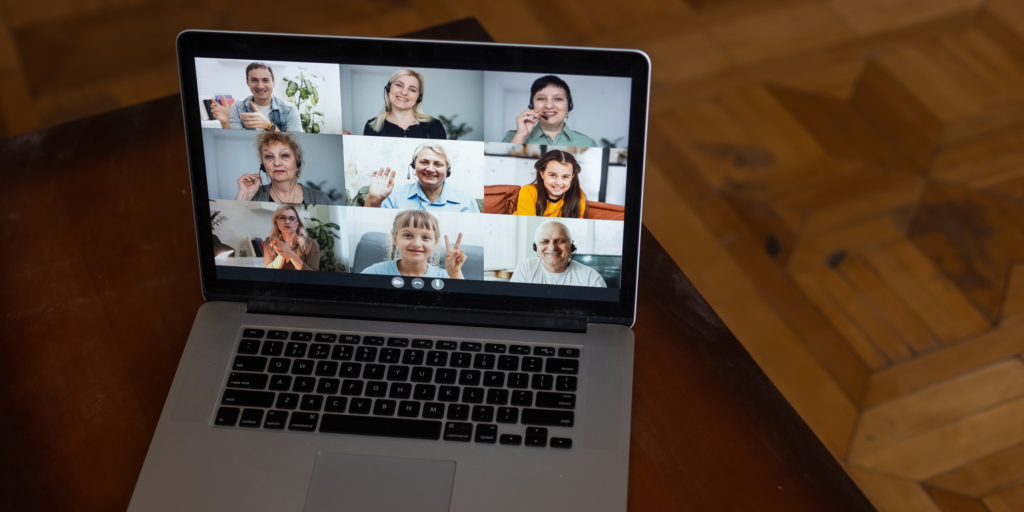
Benefits of Legal Video Conferencing Services
Legal video conferencing services offer several advantages to the legal profession:
Cost Savings: Travel expenses, accommodation, and court appearance costs can be significantly reduced, contributing to cost savings for law firms and clients.
Convenience and Flexibility: Legal professionals can participate in meetings and court proceedings from anywhere, eliminating the need to be physically present and providing greater flexibility in scheduling.
Efficiency: Video conferencing streamlines the legal process by facilitating rapid communication, document sharing, and collaboration.
Access to Expert Witnesses: Legal teams can more easily access and consult with expert witnesses, regardless of their geographic location.
Reduced Environmental Impact: By reducing the need for travel, legal video conferencing services can help lower the carbon footprint associated with legal proceedings.
Considerations for Legal Video Conferencing
While legal video conferencing offers numerous benefits, there are important considerations for its successful use in the legal profession:
Security and Privacy: Ensuring the security and privacy of communications and data is paramount. Legal professionals must choose services with robust security measures in place.
Internet Reliability: A stable and high-speed internet connection is essential to prevent disruptions during virtual proceedings.
Equipment and Setup: Proper equipment, including high-quality webcams and microphones, is necessary for clear and effective communication.
Compliance: Legal professionals must ensure that the chosen video conferencing service complies with legal regulations and guidelines, including those related to evidence handling and data retention.
Training: Adequate training for both legal professionals and clients is vital to maximize the benefits of video conferencing and ensure smooth proceedings.
Backup Plans: Having contingency plans in place in case of technical issues or disruptions is essential to avoid delays or adjournments.
Best Practices for Legal Video Conferencing
To make the most of legal video conferencing services, consider these best practices:
Select the Right Service: Choose a video conferencing service that meets your specific needs, with a focus on security, reliability, and features tailored to the legal profession.
Prepare in Advance: Test the equipment and connection before important meetings or proceedings to avoid technical glitches.
Establish Etiquette: Establish clear video conferencing etiquette for participants, including muting microphones when not speaking and adhering to dress codes.
Document Sharing and Security: Use secure methods for document sharing and ensure proper document handling and storage, especially for sensitive or confidential materials.
Maintain Professionalism: Treat video conferences with the same professionalism and decorum as in-person meetings or court proceedings.
Adhere to Legal Requirements: Ensure compliance with legal requirements for virtual proceedings, such as proper notice and consent for depositions.
Record and Transcribe: Consider recording and transcribing virtual proceedings for accurate records and future reference.

Popular Legal Video Conferencing Services
Several video conferencing services cater specifically to the legal profession. Some popular options include:
Zoom for Government: Offers enhanced security and compliance features suitable for legal professionals.
Cisco Webex for Legal: Designed with the legal industry in mind, it provides secure and feature-rich video conferencing.
BlueJeans by Verizon offers video conferencing and collaboration tools tailored to the needs of legal professionals.
Microsoft Teams provides a secure platform for virtual meetings and collaborative work, including integration with Microsoft 365 for document sharing.
Google Meet offers secure video conferencing and document collaboration through Google Workspace.
GoToMeeting features is a simple and user-friendly interface for conducting virtual meetings, including in the legal field.
Conclusion
Professionals benefit from legal video conferencing’s convenience, cost savings, and efficiency. However, service, security, and legal compliance are essential to using video conferencing in legal proceedings. Legal practitioners can improve their practice and customer service by recognizing the benefits, considering crucial aspects, and following best practices.


